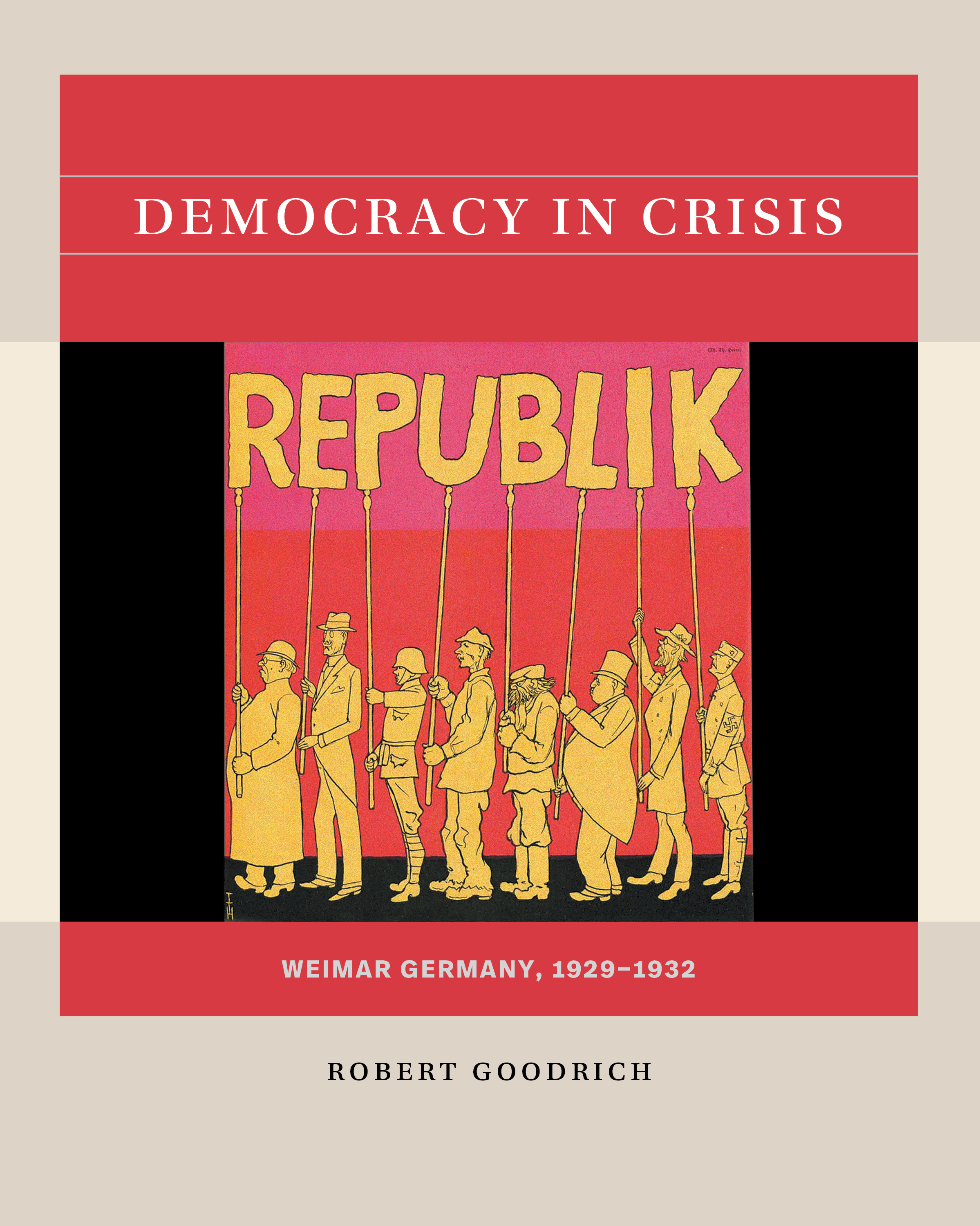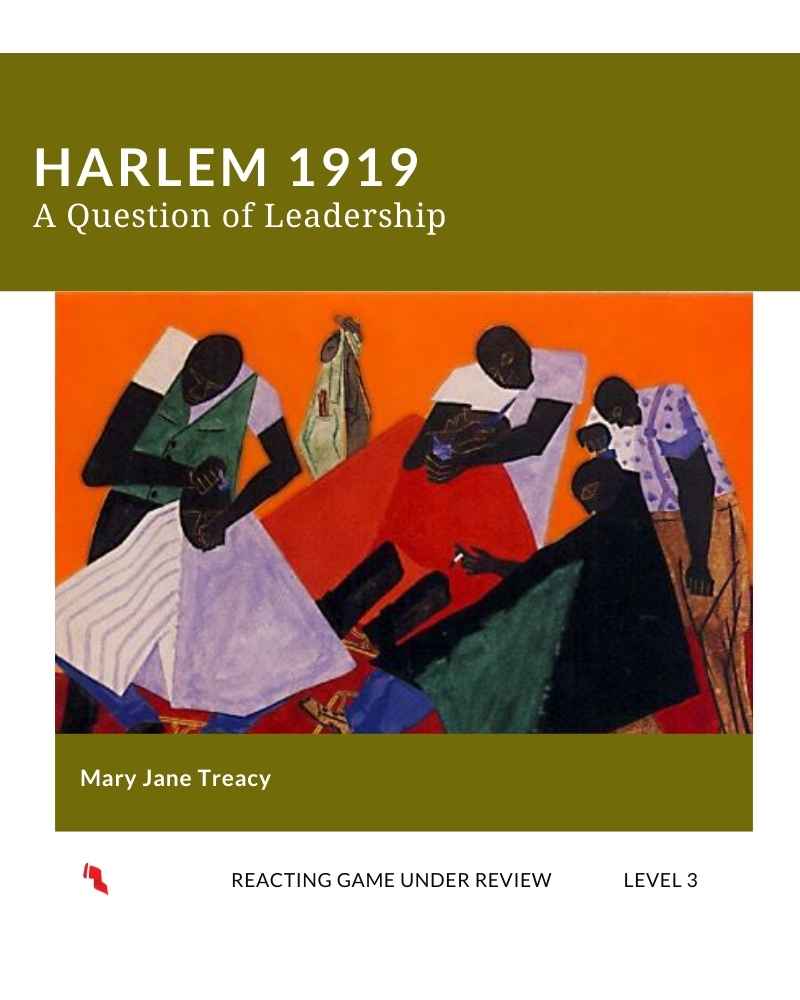 |
A DIFFERENT KIND OF WAR
The United States, the Cold War, and Vietnam, 1963-65
by Nicolas W. Proctor

Play this game recently? | The game examines the violent and sometimes brutal interactions between communist efforts to liberate the nations of the “Third World” from colonialism, American fears about Communist aggression, the resulting US strategy of containment, and the volatile situation in Southeast Asia during the mid-1960s. It is set in the middle of the Cold War – a global contest between the “Free World,” which was led by the United States, and communism, a totalitarian political ideology. During the period examined by the game, Vietnam was divided between the communist North and the anti-communist South. Players take on the roles of key American decision makers on the National Security Council as well as an array of advisors, journalists, commentators, and foreign policy professionals. Confronted with a wide array of policy options, they must explore the historical documents that are included in the gamebook, research historical events, and determine the best course of action for the US in Vietnam. This is a Level 3 game that is still under development but has been approved by the Reacting Editorial Board (REB) for general use. A detailed explanation of the editorial process and game levels can be found on our REB Page. |
Details
|
Using the Game
Class Size and Scalability Class Time
Assignments The assignments can be adjusted to fit the desired learning outcomes of your class. This game can include traditional paper/research/thesis-driven writing. |
 GAME MATERIALS
GAME MATERIALS
Reacting Consortium members can download all game materials below. You will be asked to sign in before downloading.
Please fill out the Permissions Request Form before using this in your class!
Gamebook All students need a Gamebook, which includes resources and historical content. Members can download the Gamebook, and provide it to students for free or at cost. Updated August 2024. .pdf file. | Instructor's Manual The Instructor's Manual includes guidance for assigning roles, presenting historical context, assignments, activities and discussion topics, and more. zip folder of .pdf files. | Role Sheets Students also need a Role Sheet, which contains biographical information, suggestions for further reading, and role-specific info or assignments. zip folder of .pdf files. |
| Reacting and Related Titles
|
Members can contact game authors directly if they have questions about using the game. We also invite instructors join our Facebook Faculty Lounge, where you'll find a wonderful community eager to help and answer questions.
|
|
|


